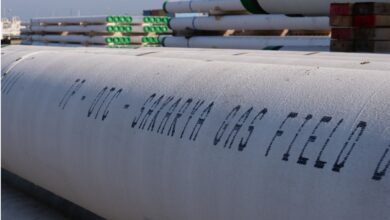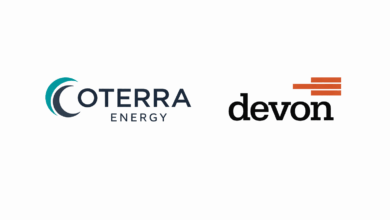Noble transforms training and collaboration center to support industry training
By Eva Vigh, Editorial Coordinator

As the rapid pace of technology evolution pushes the need for knowledge sharing, Noble Corp has opened the doors of its NobleAdvances training and collaboration facility to the wider offshore drilling industry. The facility, located in Sugar Land, Texas, was originally opened in summer 2013 to deliver development and training to Noble’s more experienced drilling and marine personnel. Since then, however, Noble has begun offering introductory training courses to others in the industry, said Fritz Golding, Director of Learning and Development at Noble Drilling.
“What Noble’s management understood early in the process was the need not only to upgrade our fleet but to also look for new and innovative ways to develop our people,” Mr Golding said. “We benchmarked with other industries and found that utilizing state-of-the-art, immersive simulations with linked software technology was the best way to develop individuals and teams for the field.”
The 29,000-sq-ft facility currently houses seven simulator environments and offers multiple courses focused on drilling, well control, marine and subsea topics. The courses combine classroom learning with hands-on simulation exercises to improve both individual skills and team collaboration – an approach Mr Golding said “provides an avenue to build superior learning experiences compared to conventional training alone.” Of the courses, seven are geared toward introductory or fundamental training.
More than 6,500 students have undergone training at the facility since 2013. Although the majority of trainees have been Noble personnel, Mr Golding said others from the industry have benefited from the training, as well. “After recently making the center available to our partners, we have trained over 100 students from supermajors, integrated oil companies and service providers,” he said.
The simulators, which include cyber drilling, power management and automated vessel control, DP-3 dynamic positioning and custom well simulations, use actual data from Noble’s fleet and mimic the stressful situations of real-world operations. Such conditions may require students to process information and make critical decisions while responding to system faults, failures and other adverse incidents.
For example, in the Well Site Management Simulation, participants are faced with the perfect storm of adverse drilling, challenging well construction decisions and marine-related hazards – at a realistic and high intensity. The objective is to produce a “heightened situational awareness from which to understand the implications regarding the drilling process, utilize effective communication protocol and challenge the decision-making process,” Mr Golding said.

While tackling unforeseen weather turns and system blowouts, students also learn to engage and problem-solve with other industry personnel, sometimes from other rig crews. “While we do conduct courses with intact crews that support operations on their rigs, we also find that there is tremendous value with mixed crews because of the exchange of ideas,” Mr Golding said. Notably, operators have also been incorporated into several team-based trainings, such as the Integrated Operations exercise, DWOS exercise and customized simulation training programs.
In the Integrated Operations exercise, which was launched in 2015, a full crew of engineers, operators and drillers work together in a simulated offshore rig environment to solve a variety of challenges. “The exercise is designed to improve process safety and promote teamwork among key individual stations,” Mr Golding said. Because each operating station directly impacts the simulated functions and performance of other stations, effective communication and collaboration among team members is critical.
Feedback from the courses have been positive, Mr Golding said, noting that many participants have said that simulations added practical and visual elements that better prepared them for real-life rig situations. Other comments from students stressed the benefits of combining traditional, instructor-led learning with simulator training.
Looking to the future of the facility, Mr Golding said Noble is working to improve existing courses and build new ones based on identified needs. Possible areas of focus include plug and abandon exercises, surface well control and well servicing, MPD and integrating service provider equipment into the simulations.
Despite the industry downturn, Mr Golding said improving current programs and developing new training strategies will remain a key objective for Noble. “Even though our industry is working through an extended down-cycle, we are always looking for innovative training solutions to tackle our current and future training needs.”




